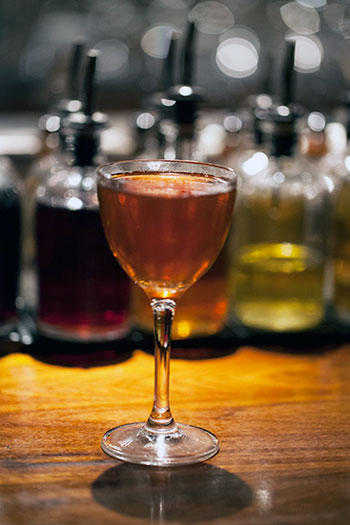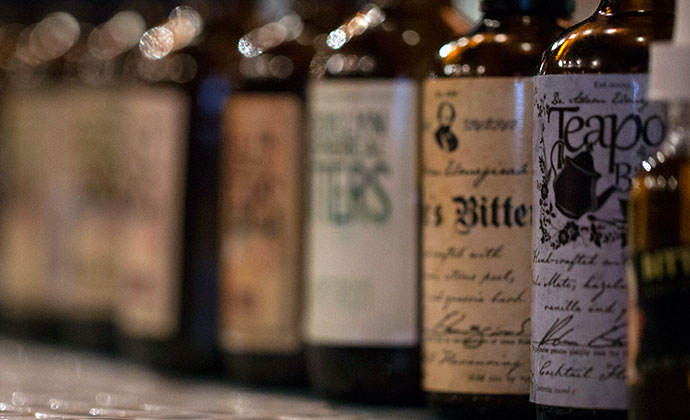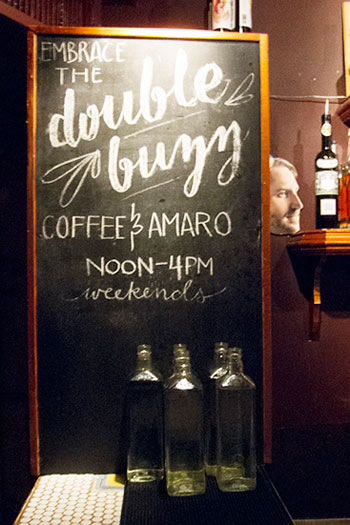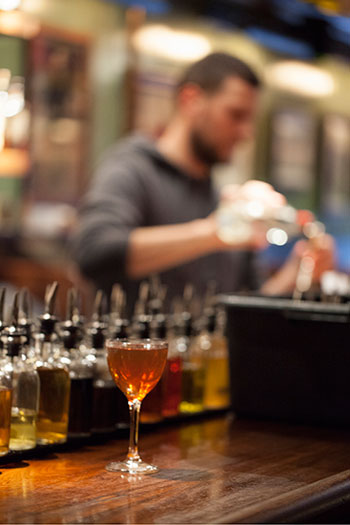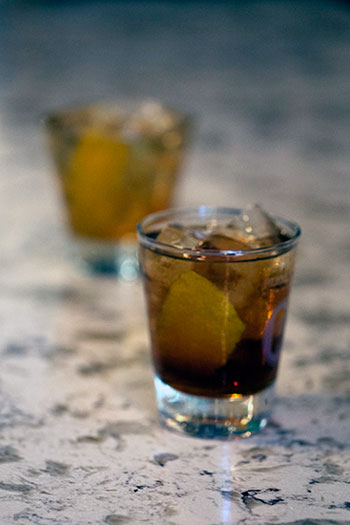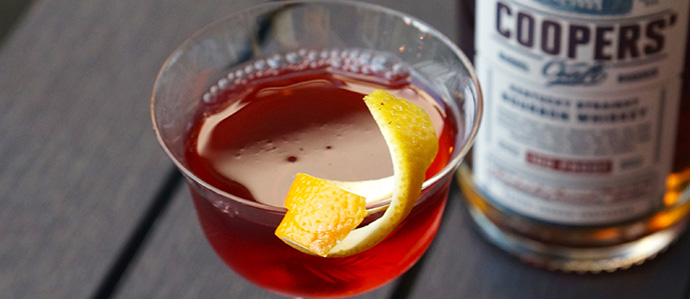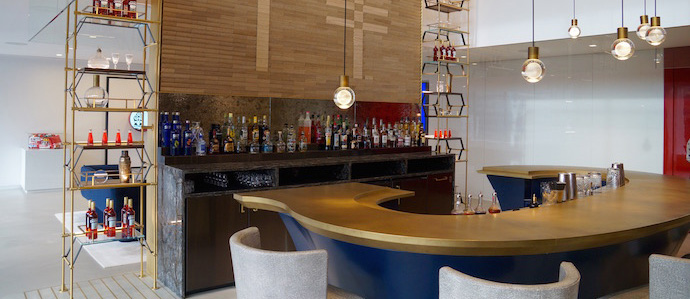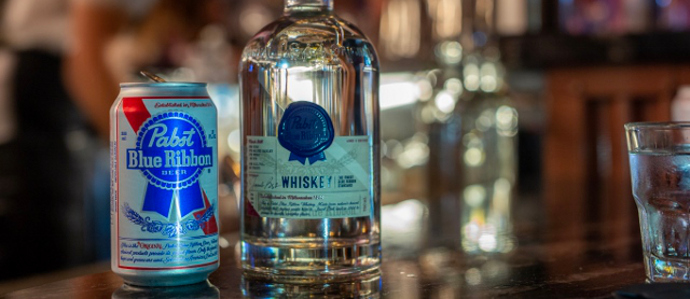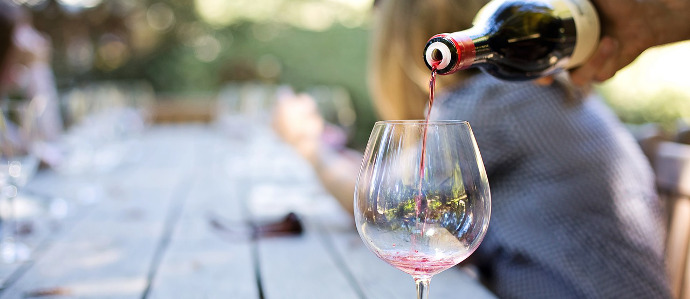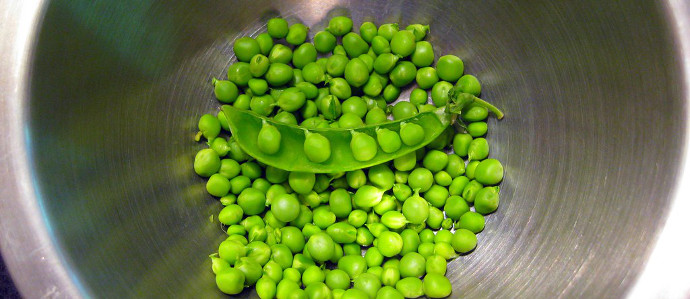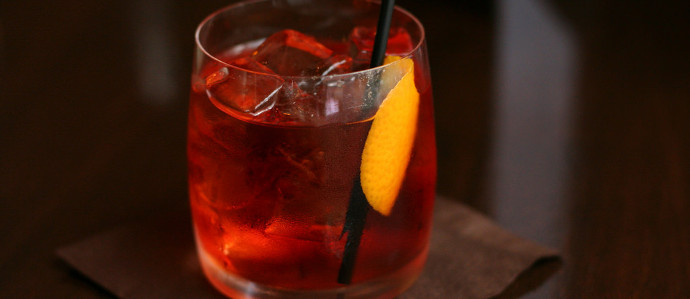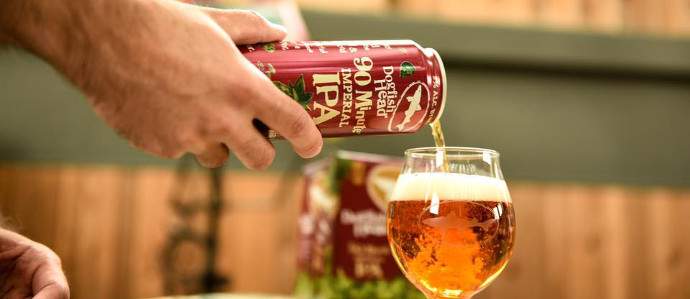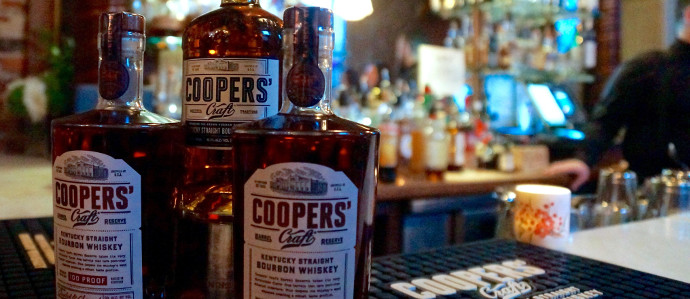Exploring The Bitter World Of Aperitifs and Digestifs |
But why is this stuff good for digestion and appetite-stimulation?
It’s the middle of the afternoon. You haven’t eaten, aren’t hungry. “You sit down and you have a glass of Campari on ice. As soon as it passes your tongue, your brain says, ‘That’s bitter. That’s poison. Turn on the digestive system to remove the poison.’ That makes you hungry.” The same thing works after a meal. Try it. When you’ve overeaten, order a Fernet Branca, neat. “You take a sip. Your brain logically sees that as poison and kicks on the digestive system to get all the food that’s in you out of you.”
“The great part about it is,” Teague says neatly, “is that there is data and science to back up the reason that this physiological response happens.” Not that they had that centuries ago, when the customs began.
You can’t get a prescription for a digestif or a aperitif, but this is one time when self-medication (in moderation, of course) makes scientific sense. Add a stroll to that, and wander to or from your table at a restaurant or at home to a quiet, civilized place that will serve you a fine aperitif or digestif, along with the time to settle and appreciate the hour, pleasures gone and coming, and the contents of the glass in hand.
4/7
Inside Look: Campari's Stylish North American Headquarters in New York
Behind the Bar: Liana Oster of Dante






